Can You Drink Coffee After Teeth Whitening?
After undergoing a teeth whitening treatment, you should wait at least 48 hours before drinking coffee. This period is crucial because your teeth are especially susceptible to staining immediately after whitening procedures.
The bleaching process temporarily exacerbates the porous nature of your tooth enamel, making it easier for tannins from coffee, and other staining agents, to penetrate, stain, and damage your freshly whitened teeth.
Think of your enamel like a sponge: right after whitening, it's more absorbent and can easily soak up colors from foods and beverages.
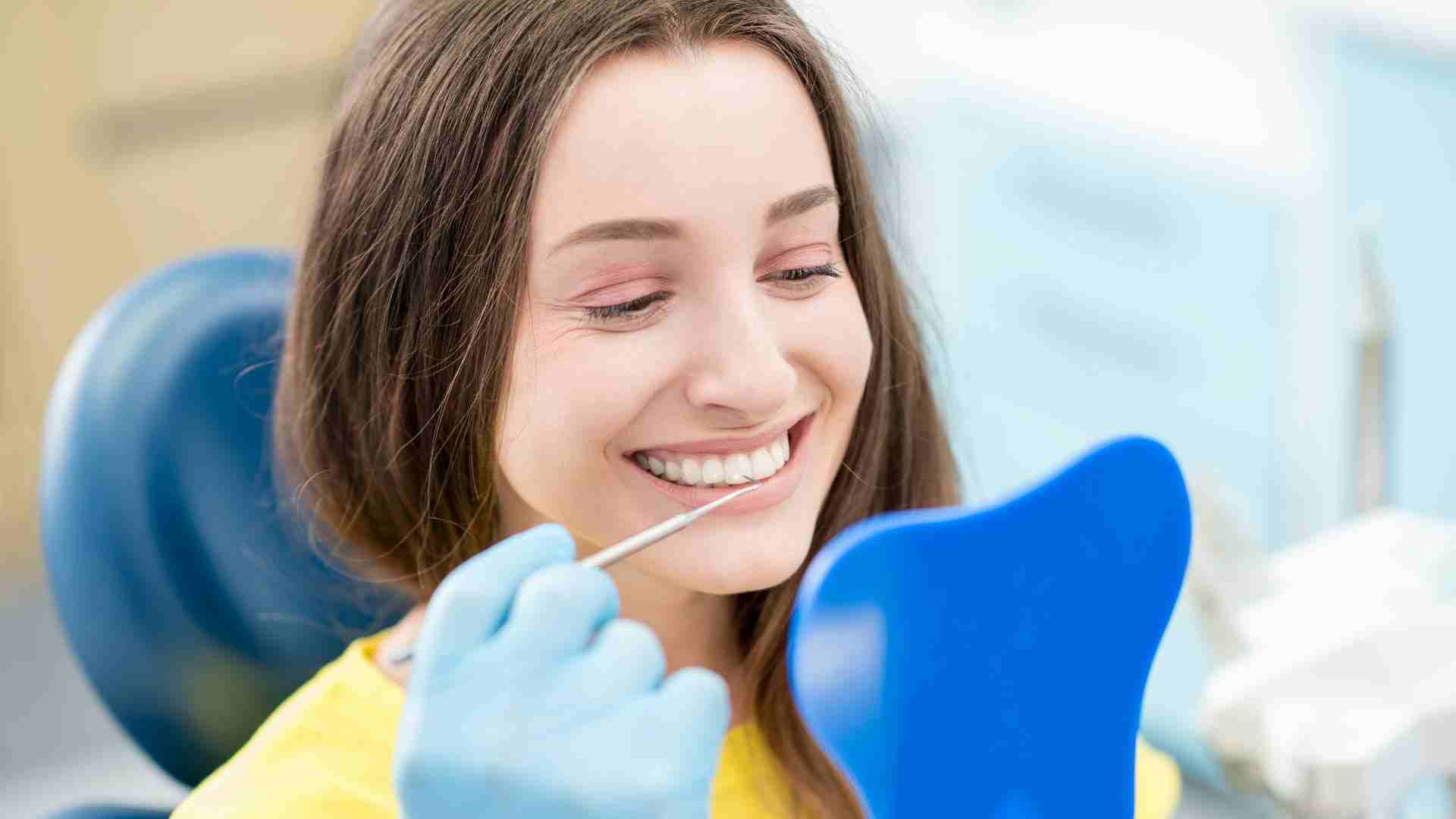
To maintain the brightness of your smile and extend the results of your whitening treatment, consider minimizing your coffee intake or using a straw to bypass your teeth when you do indulge.
Additionally, maintaining a diligent oral hygiene routine (including brushing twice a day with remineralizing toothpaste, flossing daily, and using an alkaline mouthwash) can help preserve the whitening effects.
In this article, I'll explain everything you need to know to continue enjoying your coffee while still keeping your smile bright and healthy.
Why does coffee stain teeth?

Drinking coffee stains your teeth because it contains tannins, which are organic compounds that cause color compounds to stick to your teeth.
When you drink coffee, these tannins adhere to the dental enamel, the hard, outer layer of your teeth, leading to the yellow or brown discoloration often seen in frequent coffee drinkers.
The porous nature of our enamel allows these pigments to penetrate deeply, making the stains more persistent over time.
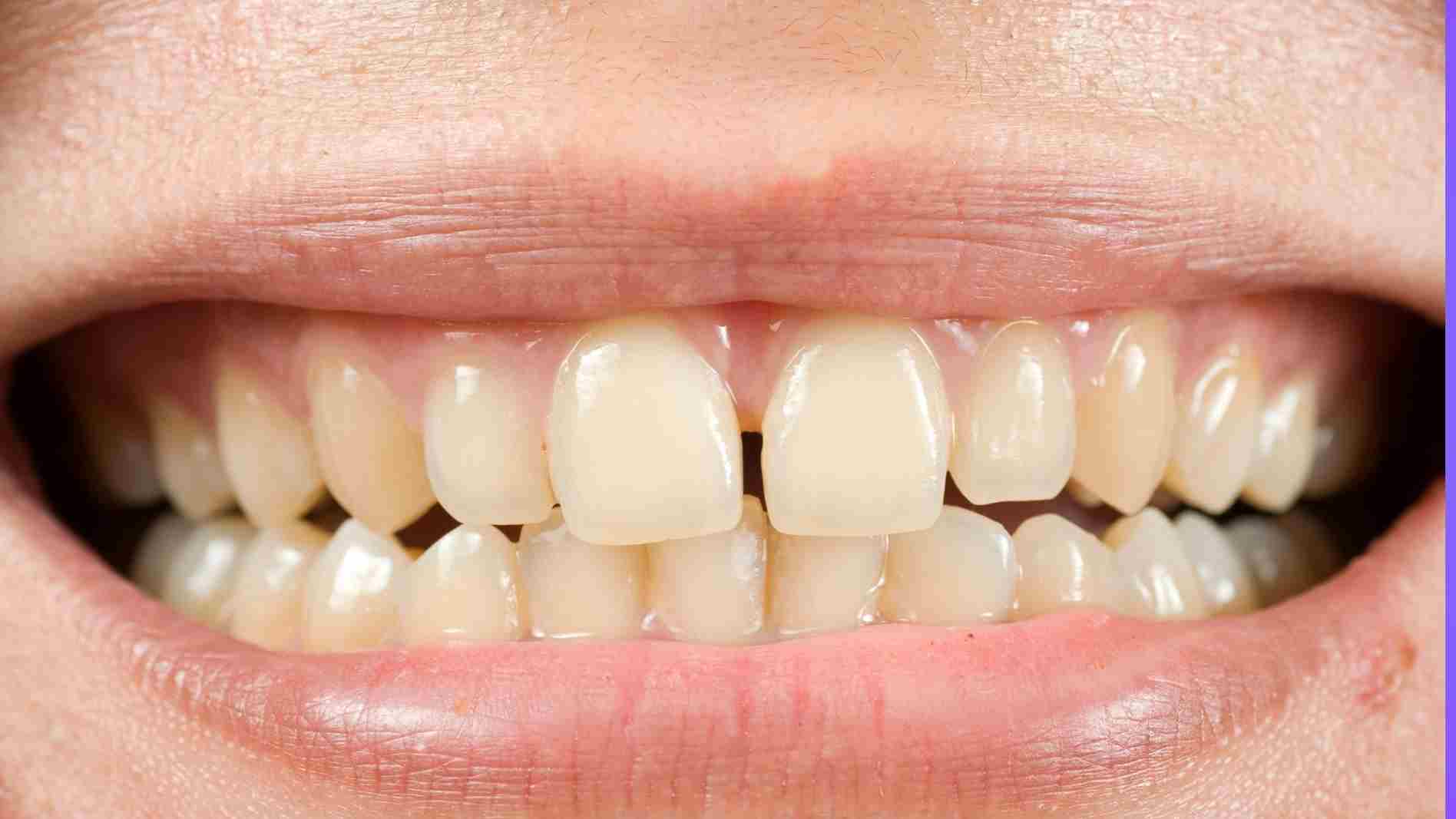
Additionally, coffee's acidity contributes to the staining process and can also cause tooth sensitivity. The acid in coffee can etch the surface of your teeth, creating damage with tiny microscopic pits and grooves where tannins and pigments can more easily accumulate.
While coffee isn't necessarily bad for your teeth, this process not only makes your teeth more prone to staining but can also exacerbate the wear of your enamel over time.
To combat coffee stains, we recommend rinsing your mouth with water after drinking coffee, brushing your teeth regularly with a nano hydroxyapatite toothpaste that contains baking soda, and considering using whitening strips to keep your teeth white, except when used with crowns.
What about drinking soda after teeth whitening treatment?

Just like with coffee, you should avoid drinking soda for at least 48 hours after a teeth whitening treatment.
Soda poses a dual threat to your newly whitened teeth due to its acidity and potential to cause stains. The acidic nature of soda can exacerbate the temporary sensitivity often experienced after whitening procedures and contribute to the erosion of tooth enamel.
This erosion not only undermines the strength and health of your teeth but also makes them more susceptible to staining.
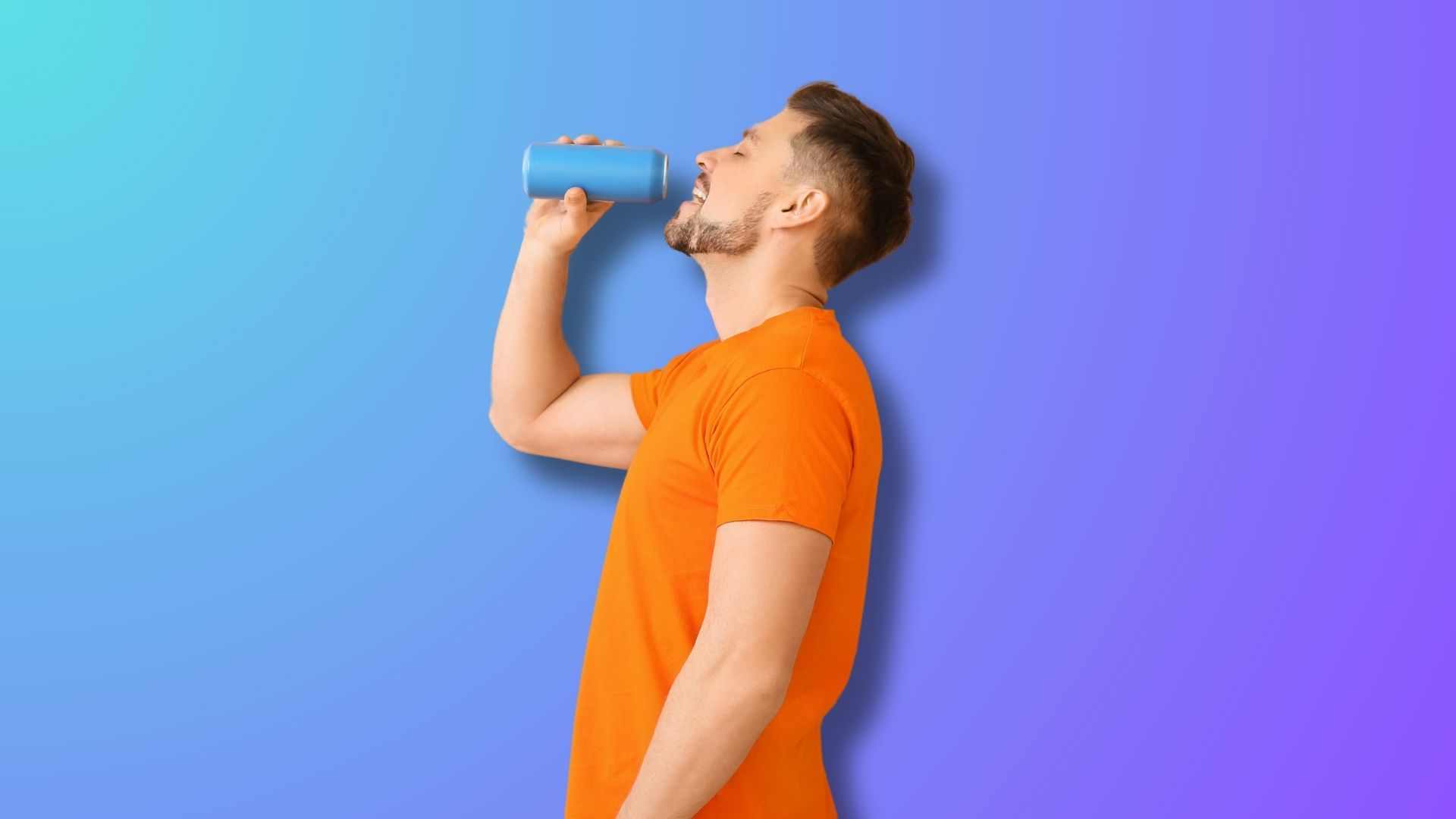
Also, colored sodas can leave stains on your teeth, especially when the enamel is more porous and absorbent right after whitening. If you do choose to consume soda following this 48-hour window, using a straw can help minimize contact with your teeth, reducing the risk of staining and acid exposure.
Instead, to preserve the results of your whitening treatment and maintain optimal oral health, prioritize water or other low-acid, non-staining beverages over soda.
What about drinking wine after teeth whitening treatment?

Just like with coffee, it's best to avoid drinking wine, especially red wine, for at least 48 hours after a teeth whitening treatment.
Red wine, known for its deep pigmentation and high tannin content, can significantly stain teeth. The whitening process makes your teeth more porous and susceptible to staining, meaning the dark pigments in red wine can easily penetrate and diminish the brightness of your newly whitened smile.
White wine, although not as pigmented, is acidic and can also pose a risk by etching the enamel and making it more prone to staining from other sources.
To preserve the results of your teeth whitening and maintain a bright smile, consider limiting your wine consumption in the days following your treatment. If you do choose to enjoy wine, using a straw can help minimize contact with your teeth, though this might be more practical with white wine.
Additionally, drinking water alongside your wine can help rinse away pigments and acids.
How long after teeth whitening can I drink coffee?
After teeth whitening, it is generally recommended to avoid coffee for at least 24 to 48 hours.
During this time, your teeth are more porous and susceptible to staining, as the whitening process temporarily opens up the enamel’s pores.
Additionally, consuming dark-colored beverages such as coffee too soon after whitening may compromise the results and lead to uneven discoloration.
To maintain the whitening effects, it’s best to stick to a "white diet" of non-staining foods and drinks during this period.
Some research indicates that waiting even longer, up to 72 hours, may further enhance the whitening outcome by allowing the enamel to fully rehydrate and settle.
If you do drink coffee afterward, using a straw and rinsing your mouth with water immediately can help minimize potential stains.
Ultimately, consulting with your dentist about post-whitening care is advisable, as individual sensitivity and enamel health can influence the timeline.
How to Avoid Coffee Stains on Your Teeth
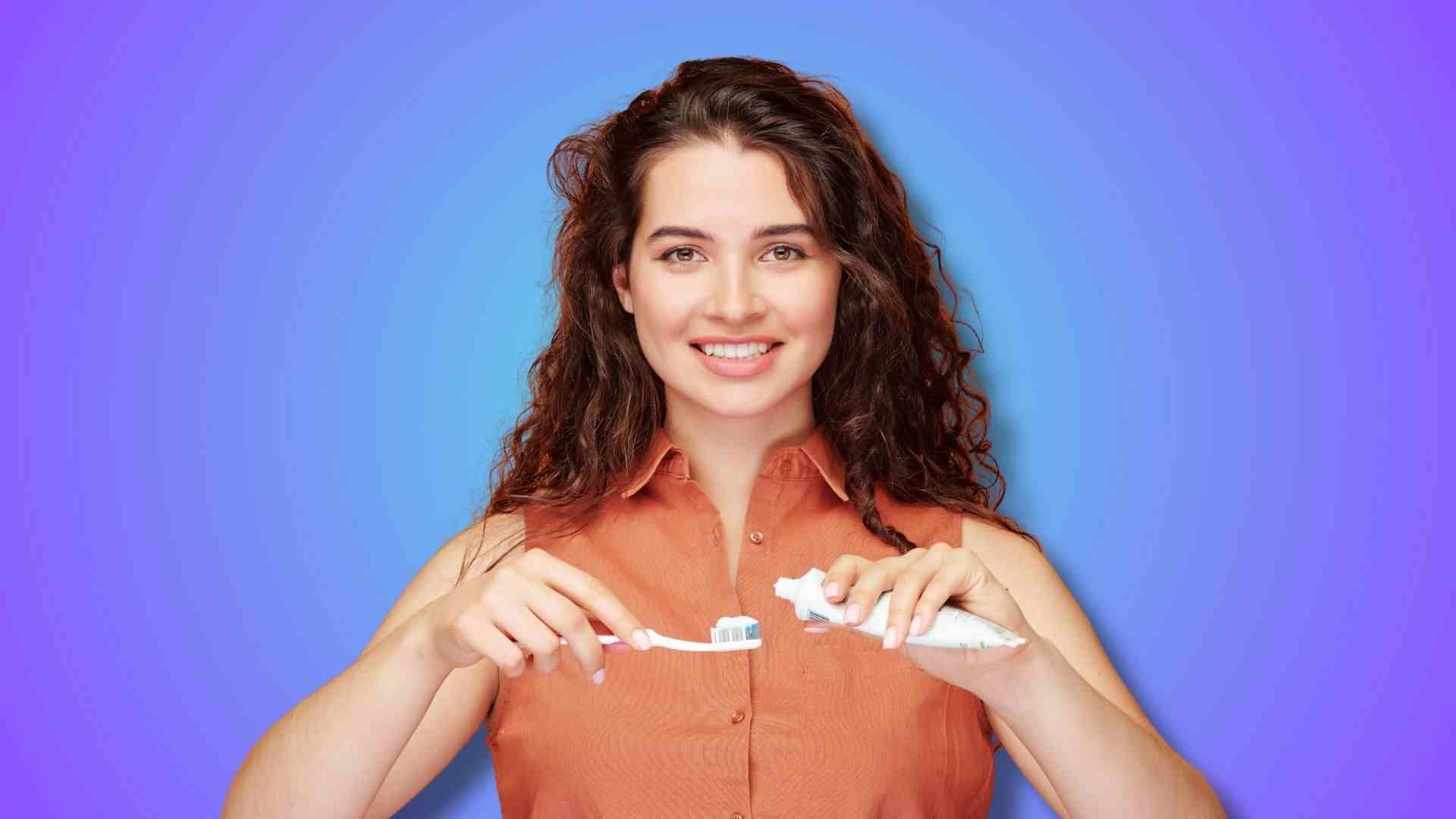
Avoiding tea and coffee stains on your teeth involves a few strategic habits that can help maintain a bright smile without having to give up your favorite beverage.
Let's walk through some of the key ways to prevent staining.
Rinse with Water
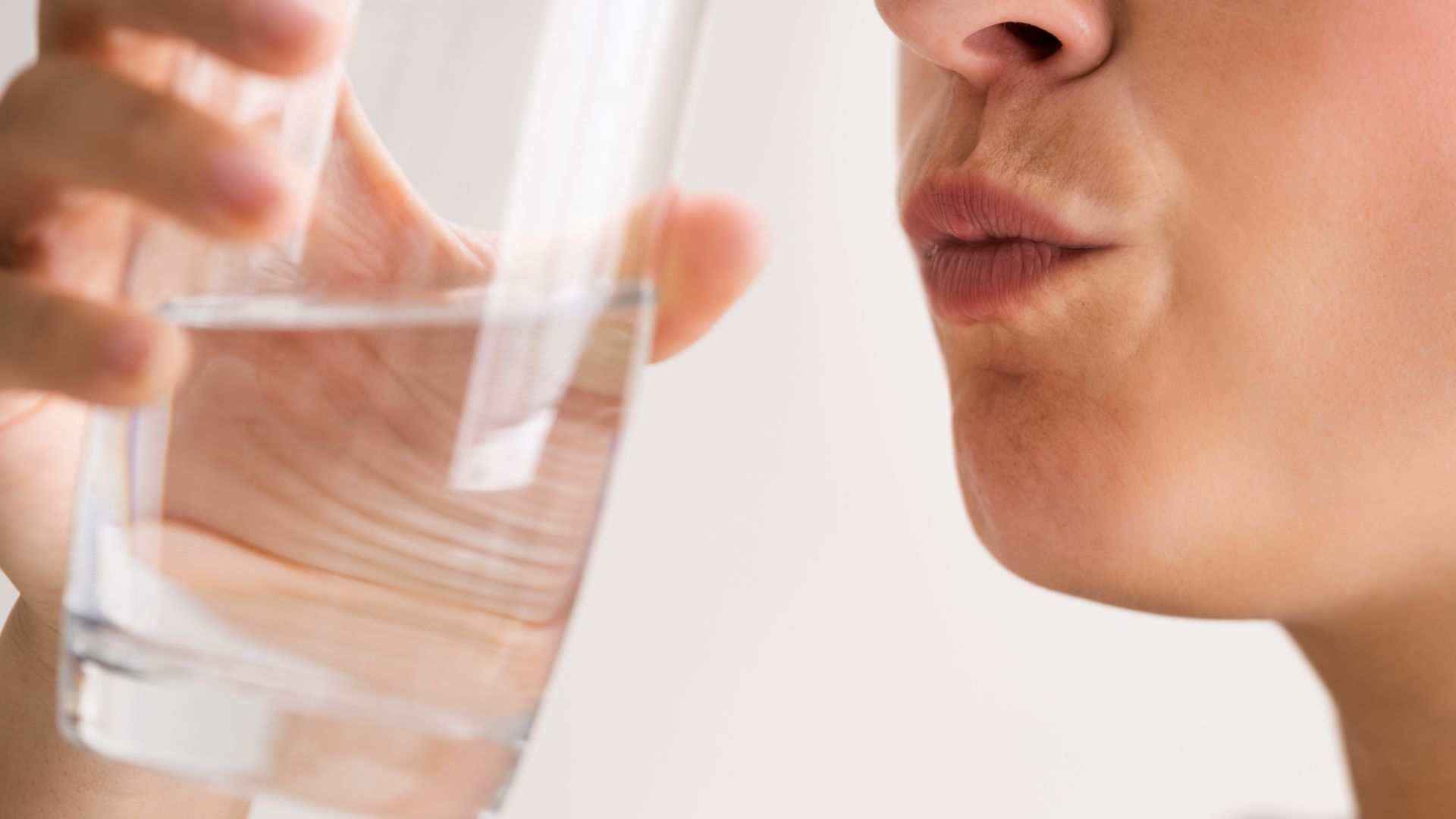
For immediate coffee stain removal, after enjoying a cup, make sure to rinse your mouth with water. This simple step helps wash away tannins and pigments that cause staining before they have a chance to settle on your teeth.
Use a Straw

When possible, drink coffee through a straw, especially if you prefer iced coffee. This method reduces the amount of liquid that comes in contact with the visible front surfaces of your teeth.
Add Milk
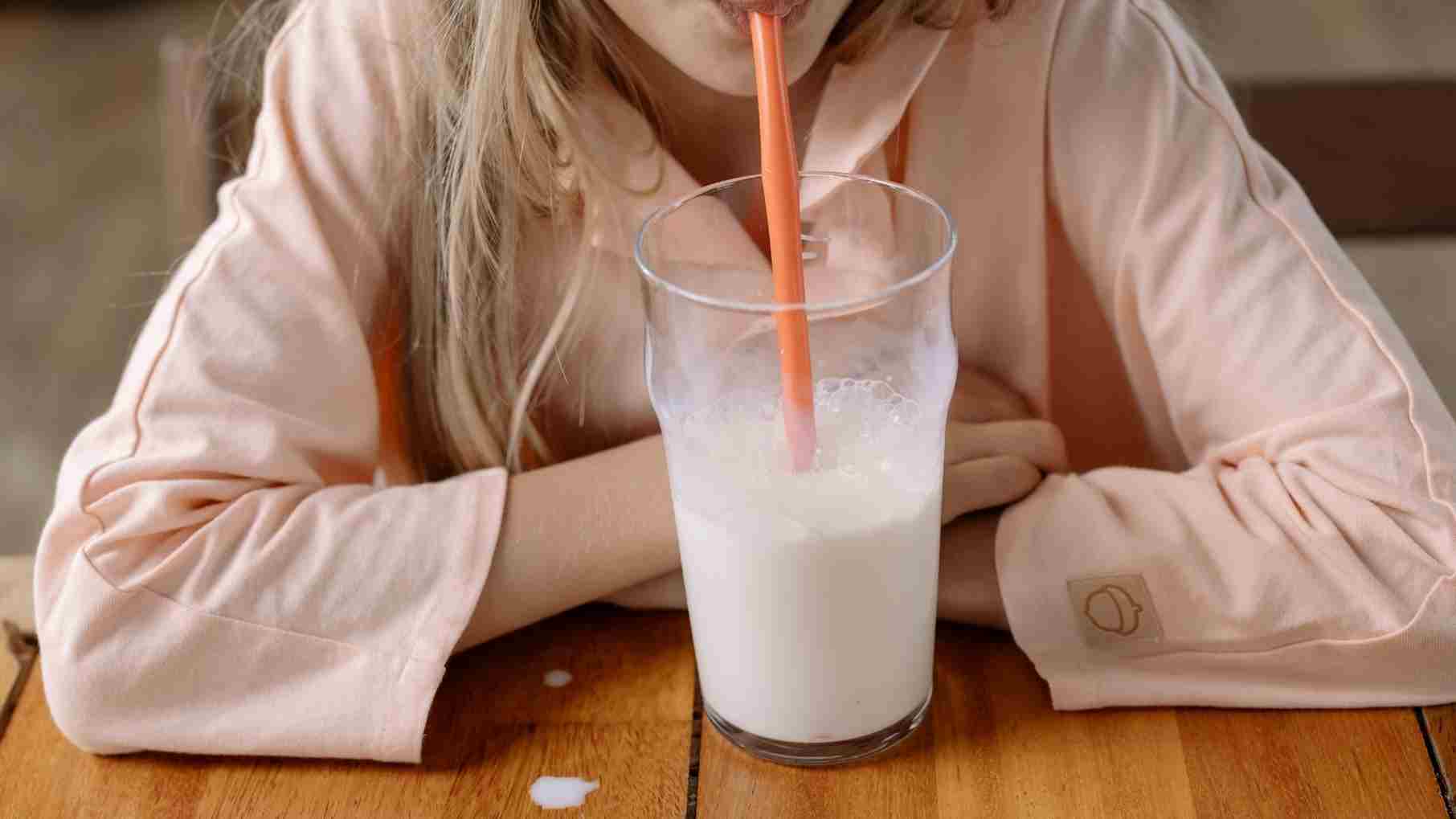
Research suggests that adding milk to your tea, and potentially coffee, may reduce its staining potential. This may be because the proteins in milk inhibit the tannins in tea and coffee, preventing stains.
Maintain Good Oral Hygiene

Brush your teeth at least twice a day with nano hydroxyapatite toothpaste and use expandable dental floss daily. You can also consider using a whitening toothpaste, though some dental professionals consider it bad as it can erode enamel.
Thankfully, regularly brushing with nano hydroxyapatite toothpaste helps remove surface stains and prevents them from setting in without causing damage. Plus, remineralizing toothpaste can prevent tooth decay which can also cause the appearance of tooth stains.
Professional Dental Cleanings

Of course, it's important to see a dentist regularly for a professional cleaning. Your dentist or hygienist can remove surface stains more effectively than at-home care and can offer advice or teeth whitening treatments to further reduce staining.
You can also consider using natural whitening strips at home as needed for a quick, effective way to remove stains from coffee.
Frequently Asked Questions
How soon can you drink coffee after teeth whitening?
After teeth whitening, it's generally recommended to wait at least 24 to 48 hours before drinking coffee. This allows the teeth to settle and reduces the risk of staining. However, it's best to follow the specific instructions provided by your dentist, as they may vary depending on the whitening method used and individual circumstances. If you're eager to enjoy your coffee sooner, consider using a straw to minimize contact with your teeth.
What can I drink instead of coffee after teeth whitening?
After teeth whitening, it's advisable to stick to clear or white liquids to prevent staining. Water is the best choice for hydration without risking stains. If you're looking for something with flavor, consider drinking milk, white tea, or coconut water. These alternatives can satisfy your thirst and offer a change of pace without compromising the whitening results. Remember, the goal is to avoid colored drinks that can stain your freshly whitened teeth.
What drinks are OK after teeth whitening?
After teeth whitening, it's safe to drink clear liquids such as water, milk, coconut water, and white tea. These beverages are unlikely to stain your teeth and won't interfere with the whitening process. It's best to avoid colored drinks like coffee, red wine, and dark sodas for at least 24 to 48 hours to maintain the results of your whitening treatment. Always follow any specific instructions provided by your dentist for the best outcome.
How can I make my teeth whiter and drink coffee?
To maintain white teeth while enjoying coffee, there are several strategies you can try. Firstly, consider using a straw to minimize direct contact between the coffee and your teeth. Additionally, rinse your mouth with water after drinking coffee to help reduce staining. Regular brushing and flossing, along with using whitening toothpaste or mouthwash, can also help combat stains. Lastly, consider scheduling touch-up whitening treatments with your dentist to counteract any discoloration caused by coffee consumption.
Can I drink coffee through a straw after teeth whitening?
Yes, drinking coffee through a straw after teeth whitening can help reduce the risk of staining your freshly whitened teeth. This method minimizes the contact between the coffee and your teeth, thus protecting the enamel from discoloration. However, it's still advisable to wait at least 24 to 48 hours after the whitening procedure before consuming coffee, even with a straw, to allow your teeth to fully settle and rehydrate. Following this initial period, using a straw can be a practical way to enjoy coffee while maintaining the brightness of your smile.
Can I drink coffee after teeth whitening?
You should avoid coffee for at least 24 to 48 hours after teeth whitening, as your teeth are more prone to staining during this period. Consuming dark beverages too soon can compromise the whitening results. If you drink coffee afterward, using a straw and rinsing with water can help minimize staining.
Can I drink coffee after getting my teeth cleaned?
Yes, you can drink coffee after getting your teeth cleaned, but it's best to wait at least 30 minutes to an hour. This allows your enamel to recover from temporary sensitivity caused by cleaning. To reduce staining, consider drinking through a straw and rinsing your mouth with water afterward.
Does coffee stain whitened teeth?
Yes, coffee can stain whitened teeth because it contains dark pigments and tannins that can adhere to enamel. Teeth are more porous and susceptible to staining immediately after whitening treatments. To minimize discoloration, drink coffee in moderation, use a straw, and rinse your mouth with water afterward.
Can I drink coffee with a straw during teeth whitening?
Yes, drinking coffee with a straw can help minimize direct contact with your teeth, reducing the risk of staining during whitening treatments. However, coffee is still acidic and can weaken enamel, so it’s best to rinse your mouth with water afterward. For the best results, try to limit coffee consumption during the whitening process.
How soon can I drink coffee after teeth whitening?
It’s best to wait at least 24 to 48 hours before drinking coffee after teeth whitening since your enamel is more porous and prone to staining. If you must have coffee, use a straw and rinse with water immediately after drinking. Choosing lighter-colored coffee with less acidity can also help prevent new stains.
Can you drink carbonated water after teeth whitening?
Yes, you can drink carbonated water after teeth whitening, but it’s best to choose unflavored and unsweetened options. Flavored or citrus-infused carbonated water can be acidic and may weaken enamel, making newly whitened teeth more vulnerable to staining. To protect your teeth, drink it in moderation and rinse your mouth with water afterward. Using a nano-hydroxyapatite toothpaste can also help strengthen and remineralize your enamel after whitening.






















